Tener un hijo es uno de los acontecimientos vitales más importantes para un ser humano. Los vínculos afectivos entre padres e hijos, así como las emociones que se ponen en juego, son normalmente intensos. Una hija o un hijo es siempre fuente de ilusiones y miedos. El hecho de que ser padres sea algo habitual no significa que sea fácil, y cuando el hijo tiene alguna dificultad grave todo puede resultar especialmente difícil (Paniagua, 1999).
Acercamiento a la realidad de las familias de personas con autismo. Toma de conciencia
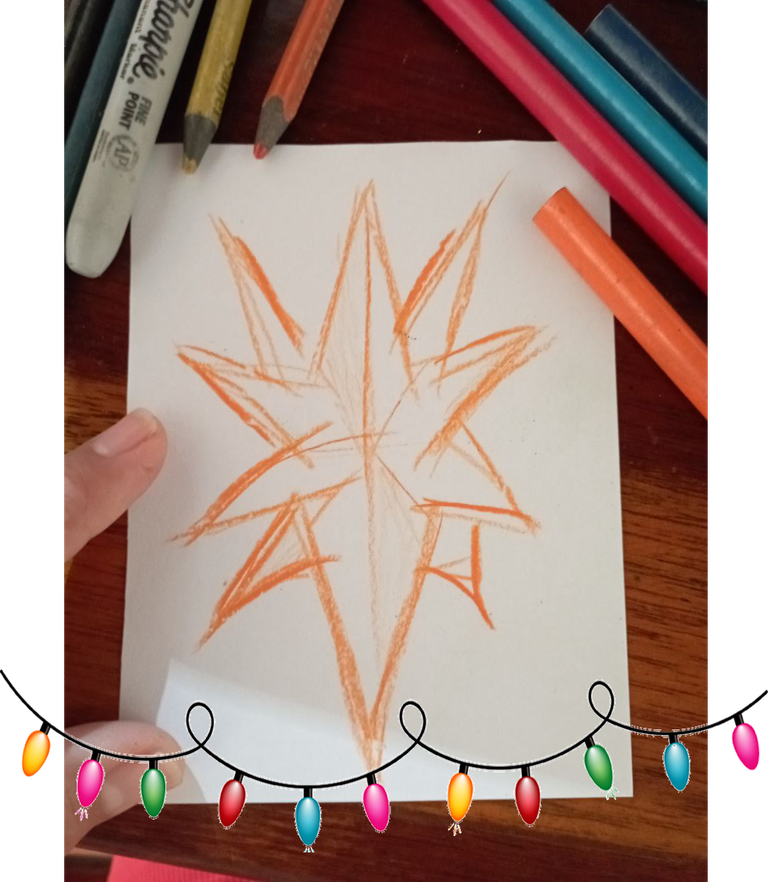
Tal vez no sea adecuado tratar de d(escribir) sobre un tema tan susceptible, porque pienso que cada familia vive una experiencia tan propia como verdadera. Por eso es que este tema lo tengo aguardando desde mediados de año, esperando el momento que el tiempo y el estado de ánimo se encargaran de colocar en mis manos las letras adecuadas. Estos días de víspera de la Natividad lo hizo posible.
Es imposible que otros vivan nuestras experiencias, sientan bajo la piel ese déjà vu que nos impele a traducir en vivencias los avatares de la vida; por eso es que cuando vamos atrevernos a hacerlo, debemos tratar con bondad, paciencia y respeto cada palabra y cada pensamiento. Lo escribo con la certeza de que al hablar sobre padres de niños autistas, hablo también sobre mi propia experiencia.
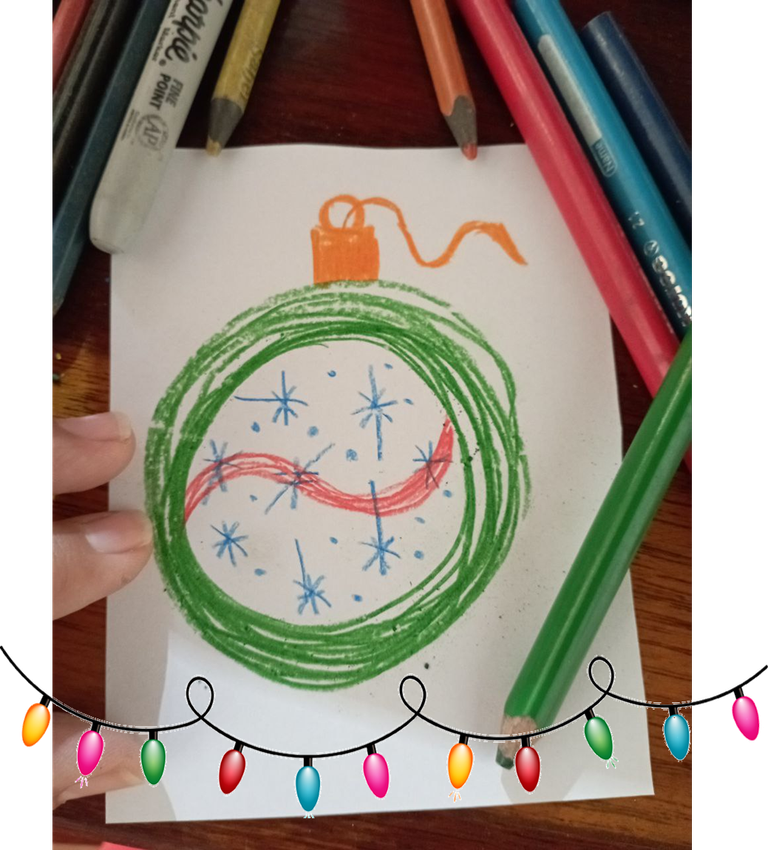
Nuestra historia como especie es inobjetable, toda vez que tenemos una carga histórica y cultura que nos trasciende. Somos seres humanos tratando de hacer frente a las huellas ontogénicas que marcan, y en un punto, determinan nuestra historia individual y colectiva. El mundo, nuestro mundo, en el momento en que llegamos a él, ya tenía contaba con expresiones propias, con un diálogo que compartido sobre el estado de cosas que lo habitaban. Entre ellos, la normalidad.
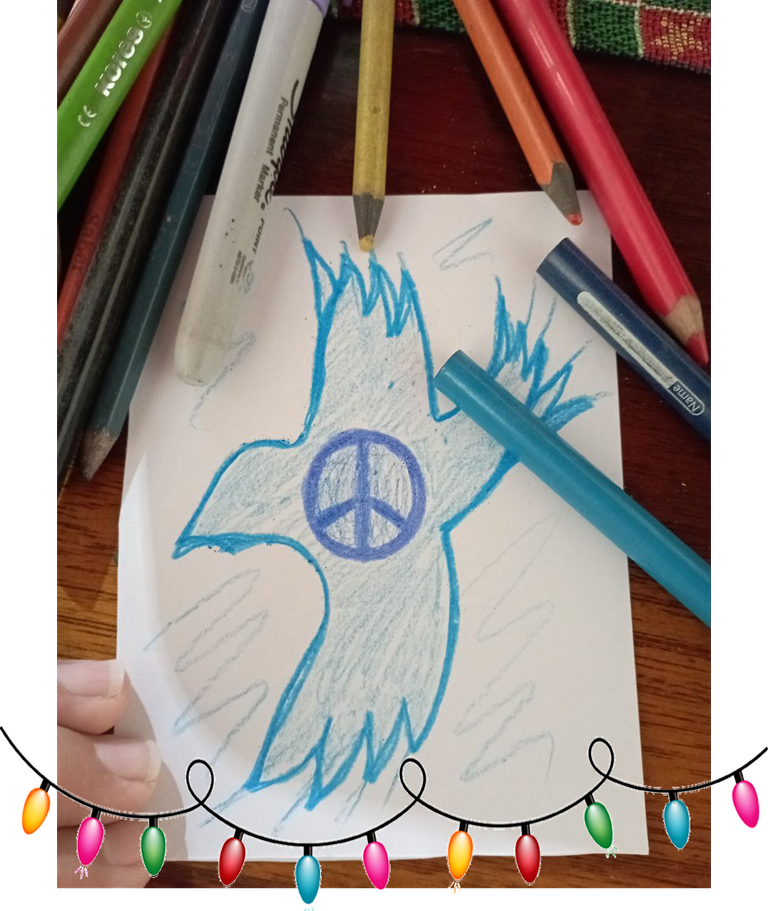
El concepto "normal" se utiliza con frecuencia e indiscriminadamente en la sociedad actual (Sanfeliciano, 2018). En muchas ocasiones, las personas escuchan que determinadas cosas o comportamientos son o no son normales. Ahora bien, cuando se intenta definir la idea de normalidad, el asunto se complica, puesto que, es difícil definir qué es normal y qué es anormal. Sanfeliciano (2018) menciona que, ante este tema, es necesario cuestionarse, si existe una línea que separa la normalidad de la anormalidad, ¿cómo se puede saber cuándo se ha cruzado?
La psicología de todo. Normalidad y Anormalidad
La idea no es abordar parámetros estadísticos, sino observar que podemos decir que la normalidad es un constructo de la aceptación colectiva de las dinámicas sociales y culturales: valores que el populus valida. Estas creencias van modelando los procesos y con ellos, las personas. Por consiguiente, según, Butcher, Mineka & Hooley (2007), por esta razón, es difícil considerar los conceptos de normalidad y anormalidad sin hacer referencia a la cultura.
En este sentido, nos ubicamos en un contexto histórico y cultural que a veces colapsa con nuestras perspectivas, al tratar de educar y convivir con un hijo autista sin darse por cencido y sucumbir a la herencia cultural que nos habita: un verdadero reto a nuestro raciocino, perseverancia y capacidad de entendimiento. Otro mito cultural es que es harto frecuente escuchar que nuestra imperfección humana es legendaria y existe un significativo porcentaje social que así lo cree; pero que particularmente no comparto.
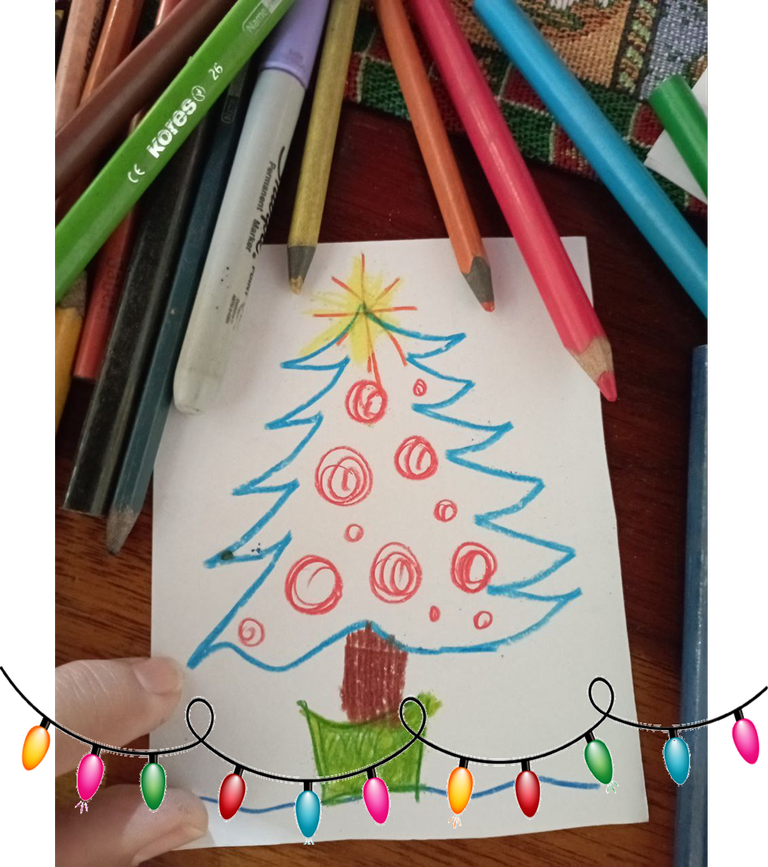
Slavoj Žižek, nos brinda una perspectiva muy suspicaz sobre el amor, que nos libera de ese pensamiento sobre nuestra imperfección y el error humano. Según este erudito, puedes ver imperfecciones o podes ver virtudes. Estoy segura que cuando miramos a nuestros hijos, vemos virtudes que, quizás, muy poco afortunados son capaces de observar. Por lo tanto, la llamadas imperfecciones no serían otra cosa más que virtudes esperando ser abrazadas.
Las diferencias como valor social.
No sólo es una realidad que se impone; sino que es inevitable toda vez que nos avoquemos a consustanciarnos indefectiblemente con las opiniones contrarias que emergen de la intolerancia, la inflexibilidad y la falta de humanidad humana. Las familias de niños autistas saben que la realidad se impone como inevitable y emerge amenazante; sin embargo el amor se superpone para dar profundidad y sentido a la experiencia cálida, íntima y humana alrededor del amor por nuestros hijos.
Es a través de nuestras imperfecciones que nos conectamos verdaderamente con los otros, que nos reconocemos como seres finitos y vulnerables, y que encontramos, en última instancia, la belleza …
La Imperfección como virtud
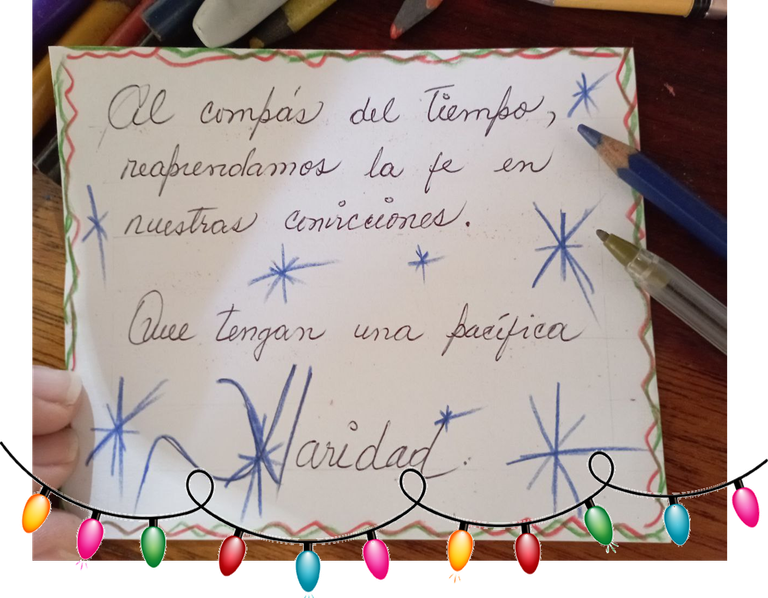
En tal sentido, sea este tiempo propicio para hacer llegar a las todas las familias, no sólo de niños autistas; sino también de todos aquellos niños neurodiversos un mensaje que ratifique la capacidad que tenemos para hacer frente a la intolerancia y a todos los hechos sociales pasivamente agresivos que se empeñan en corregir las diferencias e imponer modelos epistémicos rígidos sobre los seres humanos.
Por otro lado, tengo la certeza, aunque nos parezca un tanto lenta, que la realidad de cada uno de nuestros niños neurodiversos, conquistará un lugar que le pertenece por derecho natural, aunque las leyes humanas aún naveguen en las aguas turbulentas de la inequidad.
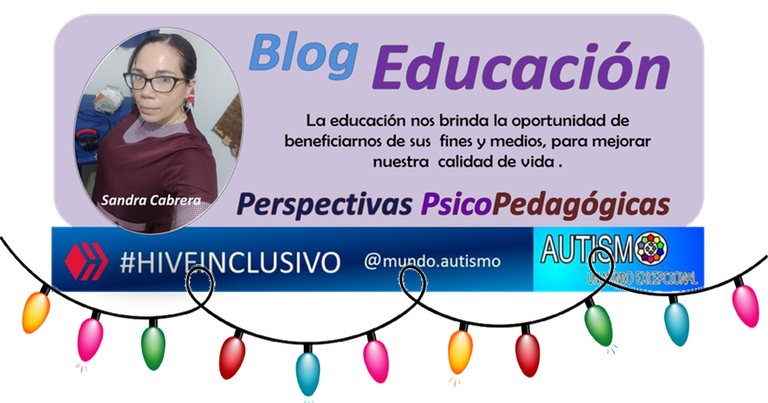
Fotografías tomadas con mi teléfono Redmi11.
Dibujos realizados por Sandra Cabrera.
Bombillos de navidad, de Pixabay
Traducción realizada con Google.
Having a child is one of the most important life events for a human being. The emotional bonds between parents and children, as well as the emotions that come into play, are normally intense. A daughter or a son is always a source of hope and fear. The fact that being a parent is something common does not mean that it is easy, and when the child has some serious difficulty everything can be especially difficult (Paniagua, 1999).
Approach to the reality of families of people with autism. Awareness

Perhaps it is not appropriate to try to d(write) about such a sensitive topic, because I think that each family lives an experience as unique as it is true. That is why I have had this topic waiting since mid-year, waiting for the moment when time and mood would take care of placing the appropriate letters in my hands. These days on the eve of Christmas made it possible. #
It is impossible for others to live our experiences, to feel under their skin that déjà vu that impels us to translate the vicissitudes of life into experiences; that is why when we dare to do so, we must treat each word and each thought with kindness, patience and respect. I write this with the certainty that when I talk about parents of autistic children, I also talk about my own experience.

Our history as a species is unobjectionable, since we have a historical and cultural burden that transcends us. We are human beings trying to cope with the ontogenic traces that mark, and at some point, determine our individual and collective history. The world, our world, at the time we arrived in it, already had its own expressions, a shared dialogue about the state of things that inhabited it. Among them, normality.

The concept "normal" is used frequently and indiscriminately in today's society (Sanfeliciano, 2018). On many occasions, people hear that certain things or behaviors are or are not normal. Now, when trying to define the idea of normality, the matter becomes complicated, since it is difficult to define what is normal and what is abnormal. Sanfeliciano (2018) mentions that, in the face of this issue, it is necessary to question whether there is a line that separates normality from abnormality, how can you know when it has been crossed?
The psychology of everything. Normality and Abnormality
The idea is not to address statistical parameters, but to observe that we can say that normality is a construct of the collective acceptance of social and cultural dynamics: values that the populus validates. These beliefs shape the processes and with them, the people. Therefore, according to Butcher, Mineka & Hooley (2007), for this reason, it is difficult to consider the concepts of normality and abnormality without making reference to culture.
In this sense, we are located in a historical and cultural context that sometimes collapses with our perspectives, when trying to educate and live with an autistic child without giving up and succumbing to the cultural heritage that inhabits us: a true challenge to our reasoning, perseverance and capacity for understanding. Another cultural myth is that it is very common to hear that our human imperfection is legendary and there is a significant social percentage that believes this; but I do not personally share it.

Slavoj Žižek, gives us a very suspicious perspective on love, which frees us from that thought about our imperfection and human error. According to this scholar, you can see imperfections or you can see virtues. I am sure that when we look at our children, we see virtues that, perhaps, very few fortunate people are able to observe. Therefore, the so-called imperfections would be nothing more than virtues waiting to be embraced.
Differences as a social value.
It is not only an imposed reality; it is inevitable every time we are forced to come to terms with the contrary opinions that emerge from intolerance, inflexibility and lack of human humanity. Families of autistic children know that reality imposes itself as inevitable and emerges threatening; however, love superimposes itself to give depth and meaning to the warm, intimate and human experience surrounding the love for our children. #
It is through our imperfections that we truly connect with others, that we recognize ourselves as finite and vulnerable beings, and that we ultimately find beauty…
Imperfection as a Virtue

In this sense, may this time be propitious to reach out to all families, not only those with autistic children; but also of all those neurodiverse children a message that ratifies the capacity that we have to face intolerance and all the passively aggressive social facts that insist on correcting differences and imposing rigid epistemic models on human beings.
On the other hand, I am certain, although it may seem a bit slow, that the reality of each of our neurodiverse children will conquer a place that belongs to them by natural right, although human laws still navigate in the turbulent waters of the inequity.

Photos taken with my Redmi11 phone.
Drawings made by Sandra Cabrera.
Christmas bulbs, from Pixabay
Translation made with Google.
@tipu curate 8
Upvoted 👌 (Mana: 0/75) Liquid rewards.